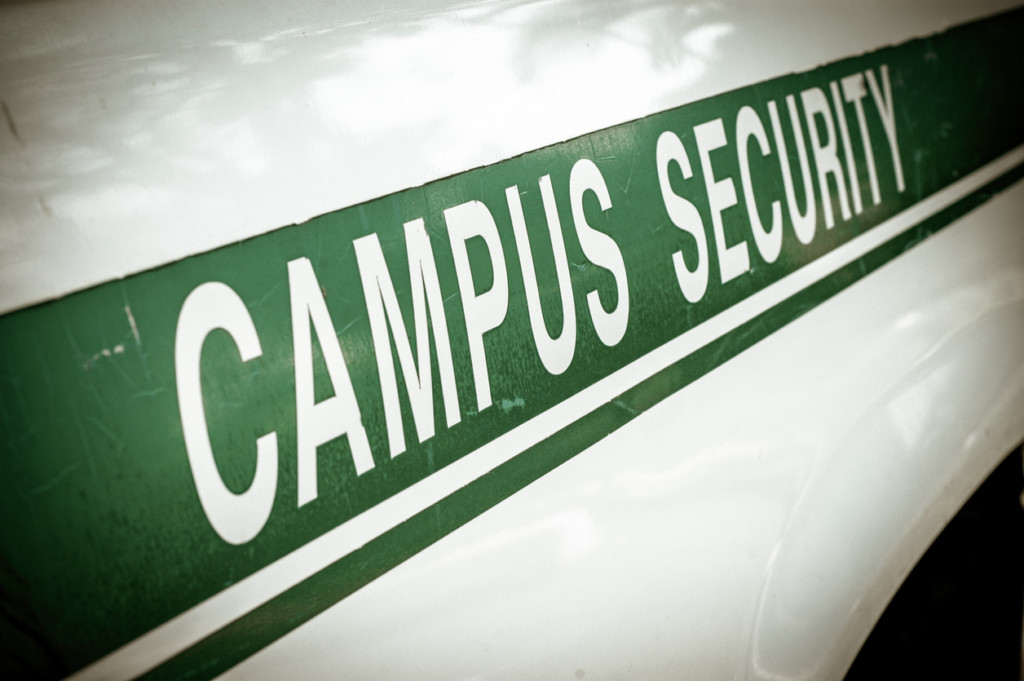
Charter schools across Florida are hoping lawmakers will allow them greater access to the Aaron Feis Guardian Program, established after the Parkland massacre, to be able to comply with the state’s new campus safety mandates.
Florida charter school officials struggling to comply with the state’s new campus safety mandates are hoping lawmakers can help: Expand access to the Coach Aaron Feis Guardian Program by requiring all county sheriffs to participate in training armed school personnel.
After the Parkland shooting in February, Gov. Rick Scott signed into law legislation increasing security measures at schools. The Marjory Stoneman Douglas High School Public Safety Act requires all public schools to hire a school resource officer (SRO), a sheriff’s deputy or trained employee to carry a gun on campus.
However, many charter schools (which receive less in revenue than traditional public schools, according to a study from Florida TaxWatch) can’t afford SROs. Finances are not the only obstacle. In many areas, there simply are not enough officers to meet the needs at each school.
The law created a cheaper alternative to SROs: the Guardian program, named after the Stoneman Douglas coach who died protecting students. It provides law enforcement training to public school staffers, excluding teachers, who want to carry a gun on campus. Both the school districts and the sheriff’s offices must agree to participate in the program.
So far, though, only 25 out of 67 school districts are participating in the Guardian program, according to the Florida Department of Education, despite the fact the state appropriated $67 million to fund it.
Lynn Norman-Teck, executive director of the Florida Charter School Alliance, said her organization would like to see all the sheriff’s offices participating in the Guardian program.
“This would help all schools – whether charter or district-run -- to comply with the state mandate,” she said. “We need to make sure there are personnel available to hire for the security positions on campuses,”
Senator-elect Manny Diaz, R-Hialeah, said he believes charter schools should be afforded greater opportunity to participate in the Guardian program.
He suggested one solution would be allowing personnel to be trained in other counties that have a Guardian program.
“That would probably be the best compromise where we are not forcing a sheriff to have a program,” he said. “I don’t see a reason we couldn’t have a Guardian certification program statewide.”
Osvaldo Garcia is principal at Passport Charter School in Orange County, where the school board chose not to participate in the Guardian program. He said he is not able to afford a full-time SRO at a cost of $50 an hour when the school was given only a little over $9,000 to hire one.
As a result, Garcia is sharing an SRO with 13 other schools, meaning the officer is not at the school on a full-time basis.
“If we had (an officer) on a daily basis it would be a struggle for us,” Garcia said of the costs of affording such a position. He said 41 other charter schools in Orange County are encountering similar issues.
Garcia said the Guardian program could help alleviate his situation, but that he also had concerns.
“How prepared are these people legitimately to have a handle on a difficult situation?” he asked. “They are not trained police officers who go through so many hours of training.”
Meanwhile, in Duval County, the sheriff’s office and school district are participating in the Guardian program.
Even so, Simaran Bakshi, principal at Wayman Academy of the Arts, a charter school serving 281 students in Jacksonville, said she is finding it difficult to find employees who are interested in applying for the program.
With the program requiring 170 hours of training, staff is expected to be absent a month, which is also a burden, she added.
Bakshi said she currently has an SRO at the school based on an affordable rate negotiated between the school district and sheriff’s office. But that rate will soon expire, leaving her paying more than $35 an hour for an SRO -- an amount she can’t afford.
Ralph Arza, director of government relations for the Florida Charter School Alliance, said while it seems unlikely lawmakers will change the law to mandate sheriff’s offices participate in the program, there could be another compromise.
He said if charter schools could hire a trained, licensed armed guard, which is not applicable under the law, that could provide an affordable option.